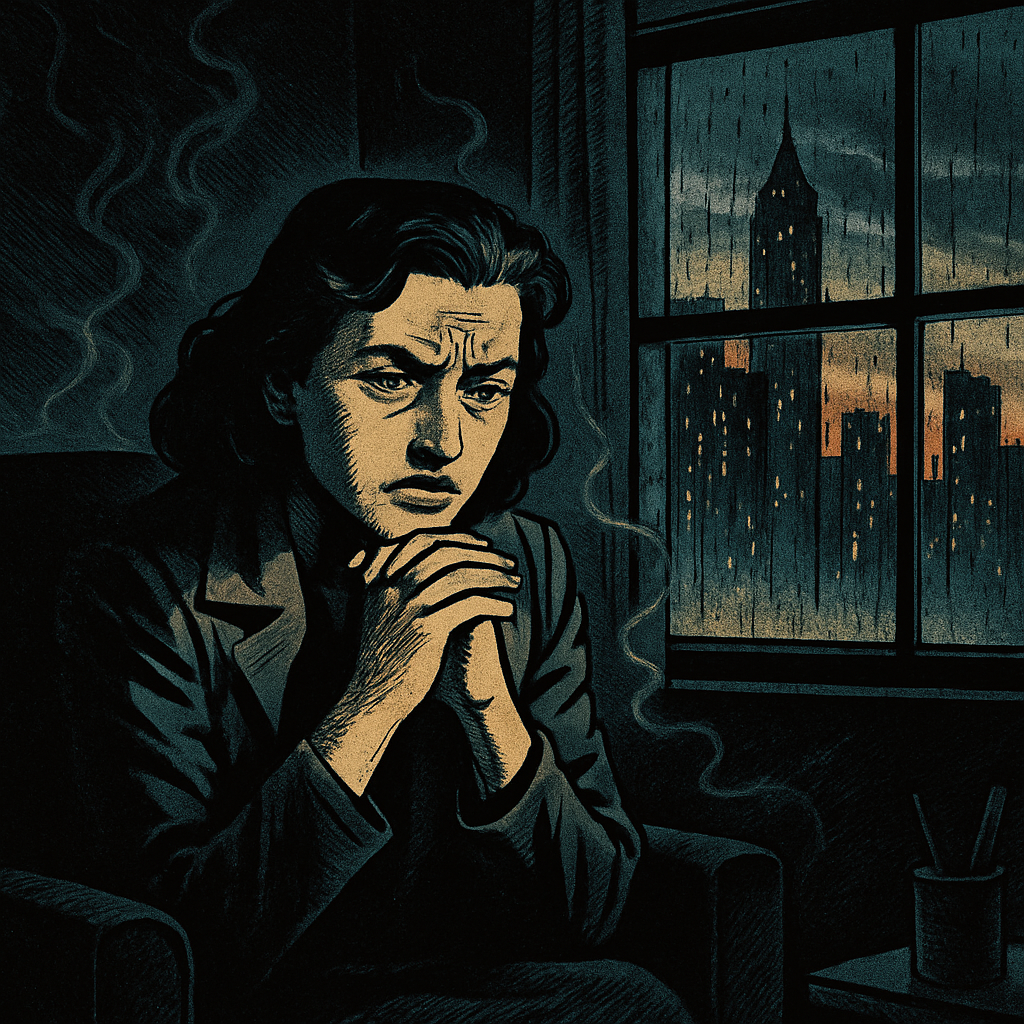She leaned forward in the creaking leather chair, her brow furrowed, hands clasped tight enough to whiten her knuckles. Her question came out barely louder than a whisper, though we were alone in my office. The air conditioner hummed. Outside, the world went about its business. Inside, Emily.K was torn between two paths that would define years of her life.
“What’s better? Being with someone I love but I’m just an option to them, or being with someone who loves me and makes me a priority?” 💔
I remember Emily.K because her question contains the entire universe of relationship suffering packed into one deceptively simple dilemma. It’s the question at the heart of countless sleepless nights, tearful conversations, and the quiet desperation of people who’ve settled for less than they deserve—or walked away from what they truly wanted.
💸 The Price Tag of Being Someone’s Option
When Emily first described her relationship with Jake (the man she loved but was merely an option to), I noticed she used the language of commerce: “investing” in the relationship, feeling “shortchanged,” wondering if her emotional “price” was too high. This wasn’t coincidence.
When you’re someone’s option, you’re constantly engaged in invisible accounting. You track the imbalance of effort. You notice the delayed text responses, the weekend plans that materialize only after better options fall through, the emotional availability that fluctuates based on their other interests.
What Emily was experiencing was an attachment mismatch—a fundamental desynchronization in emotional bytes between partners. Her emotional frames were oriented around connection and priority, while his were structured around independence and optionality. Each text she sent contained an emotional byte loaded with anticipation and need for connection, while his responses carried bytes of convenience and conditional engagement.
“The reason this hurts so much,” I told her, “isn’t just disappointment. Your brain processes romantic rejection in the same regions that process physical pain. That’s not poetic—it’s neurological fact.” 🧠
Truth is: Being someone’s option doesn’t just damage your relationship—it rewires your brain to expect less. You begin to normalize emotional scraps and call it a feast.
🎭 The Hidden Cost of Being With Someone Who Prioritizes You
“But what about Daniel?” Emily asked, describing the man who clearly adored her. “Sometimes it feels too… easy. Too available. I know that sounds horrible.”
“It doesn’t sound horrible,” I said. “It sounds like your emotional scripts are calibrated for struggle. When emotions come without fight, they don’t register as authentic in your emotional frame.”
This is what most relationship advice misses: We’re not just attracted to certain people—we’re attracted to certain emotional patterns. Emily’s attraction to Jake wasn’t just about Jake as a person, but about the emotional script their dynamic allowed her to enact—one that felt familiar, even if painful.
I remember sitting with my own wife early in our relationship, feeling unsettled by how consistently she showed up for me. After years of chasing unavailable partners, her reliability felt almost suspicious.
“I had to recognize that my discomfort with being prioritized wasn’t about her—it was about me not feeling worthy of that kind of attention,” I told Emily. “That’s emotional byte incompatibility at its most insidious—when being treated well feels wrong.” 💭
⚖️ The Balance of Things: What Men Don’t Admit About Priority
Here’s where I’m going to piss off some people: Many men deliberately cultivate optionality with women they claim to care about. Not because they’re evil, but because they’ve been taught that maintaining multiple options is the masculine strategy for preventing vulnerability.
I’ve sat with hundreds of men who describe keeping women at arm’s length as “smart” or “strategic.” When I dig deeper, what emerges isn’t confidence but terror—specifically, terror that full commitment means total vulnerability to rejection.
“The man who makes you a priority isn’t necessarily a ‘better’ man than the one who doesn’t,” I explained to Emily. “But he’s a man who’s made peace with vulnerability. He’s developed the emotional granularity to distinguish between the discomfort of vulnerability and the danger of actual threat.” 🛡️
📊 Reading Between the Lines: The Option-Priority Matrix
After several sessions, I shared with Emily what I call the Option-Priority Matrix—a concept that helps clarify what’s really happening in these dynamics:
“When you’re someone’s option, they’re getting all the benefits of your emotional labor and availability without reciprocating that investment. Their needs for autonomy are being met at the expense of your needs for security and consistency. This creates an invisible structure where you’re constantly working to earn the very thing the other person receives automatically: priority status.”
In attachment terms, Emily was wrestling with the fundamental tension between her need for secure connection and her attraction to the anxious-avoidant dance that defined her relationship with Jake. Each time he pulled away, her attachment system went into overdrive—producing addictive neurochemical spikes when he occasionally returned.
“Being someone’s priority doesn’t mean they erase themselves,” I explained. “It means your needs exist on equal footing. Your emergencies matter. Your time matters. Your emotions matter. Not occasionally when convenient—consistently and reliably.” ✨
The emotional bytes framework revealed something crucial: Emily wasn’t just choosing between two men. She was choosing between two fundamentally different emotional realities that would shape her internal world far beyond these specific relationships.
Truth is: The question isn’t which is better—being an option or a priority. The question is whether you can recognize the difference between excitement and happiness, between chasing and connecting, between familiarity and health. 🎯
—Jas Mendola, understanding that a man’s hardest fight isn’t against the world, but against the comfort of his own familiar pain
📚 References
https://ijip.in/wp-content/uploads/2024/05/18.01.202.20241202.pdf
https://papers.ssrn.com/sol3/papers.cfm?abstract_id=4885926
https://pmc.ncbi.nlm.nih.gov/articles/PMC4939067/
https://digitalcommons.liberty.edu/cgi/viewcontent.cgi?article=5254&context=doctoral
https://pmc.ncbi.nlm.nih.gov/articles/PMC10047625/
https://journals.sagepub.com/doi/full/10.1177/0265407519841712
https://openworks.wooster.edu/cgi/viewcontent.cgi?article=10463&context=independentstudy

